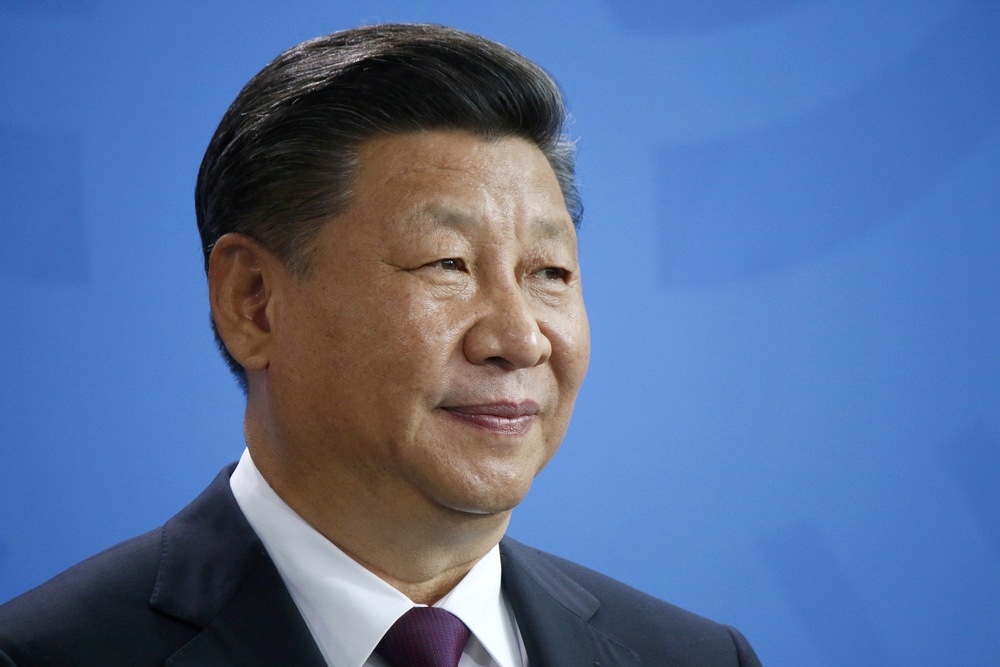When U.S. President Donald Trump signed off on a ban on equipment from Chinese 5G infrastructure giant Huawei for government employees and contractors last year, the move raised few eyebrows. The fact that the ban came under the Defense Authorization Act seemed to tell an open and shut story of national security and the threat of Chinese spying. Events over the past few months, however, are painting an altogether different picture of why the U.S. government is treating Huawei in particular as a hostile entity.
CCN reported recently that Huawei CFO Meng Wanzhou was recently approved for extradition to the U.S. from Canada on a range of charges including financial impropriety, circumventing U.S. sanctions on Iran, and stealing proprietary technology from T-Mobile. It turns out that more than just being the dominant player in the emerging 5G race, Huawei has designs on altogether more exalted – and dangerous – targets which it might very well achieve.
Huawei & Chinese Soft Power
Join CCN for $9.99 per month and get an ad-free version of CCN including discounts for future events and services. Support our journalists today. Click here to sign up.


It’s concerning that so many countries are contracting to use Huawei’s 5G infrastructure. | Source: Pau Barrena / AFP
As is typically the case with large Chinese corporations, Huawei has a very cozy relationship with Beijing. Not only are Chinese companies legally obligated to assist their government with its intelligence-gathering efforts, but its founder Ren Zhengfei is himself a veteran technologist from the People’s Liberation Army. This poses an immediate concern regarding a potential security threat to countries that use Huawei’s world-leading equipment in building out their 5G networks.
Much of the world outside of the U.S. uses Huawei 5G infrastructure extensively including Germany, the UK, India, and the UAE, driven mostly by Huawei’s price advantage and its unrivaled expertise in 5G development. To put the minds of foreign governments at rest, Huawei has opened centers in Bonn, Germany and Brussels where security officials can examine its equipment for security flaws and backdoors.
This strategy is in line with China’s largely successful Belt and Road Initiative, which seeks to spark China’s slowing economic growth and increase China’s foreign influence and power projection through trade and infrastructure deals. Under the initiative, Europe, Asia, and Africa will be connected under a new circle of Chinese influence, as the world’s second-largest economy seeks to supplant the U.S. using trade instead of military might.
Soft Power Comes Before Hard Power


Chinese Prime Minister Xi Jinping’s Belt and Road Initiative has met with great success thus far | Source: Shutterstock
The trouble with allowing Huawei to gobble up such huge tracts of the global 5G pie unopposed is that while China may pursue a seemingly benign foreign policy driven by trade and cooperation, China itself is not really a benign entity. It bears out reminding that China still has a habit of making political dissidents disappear and locking up entire groups of people deemed “undesirable” in concentration camps. A liberal democracy, the Red Dragon is not!
Inevitably, the temptation for China to lean on Huawei to provide it with intelligence from a global 5G trojan horse will become irresistible. China, over the past 40 years, largely created its technological revolution off the back of possibly the largest unauthorized transfer of intellectual property in recorded human history.
With President Trump’s recent posture seeming to indicate that he is willing to use the U.S. government’s position on Huawei as a makeweight in ongoing U.S.-China trade talks, the prognosis does not look good. If Huawei gets its hands on most of the world’s 5G infrastructure contracts, that would effectively mean that the entire world of tomorrow, including IoT frameworks and self-driving vehicles, will effectively fall under the control of the world’s largest dictatorship.
Clearly, Huawei is a vastly successful company with a big role to play in the 5G future. If we value liberal democracy, however, it should not be allowed to swallow up the future unopposed.
Disclaimer: The views expressed in the article are solely those of the author and do not represent those of, nor should they be attributed to, CCN.
